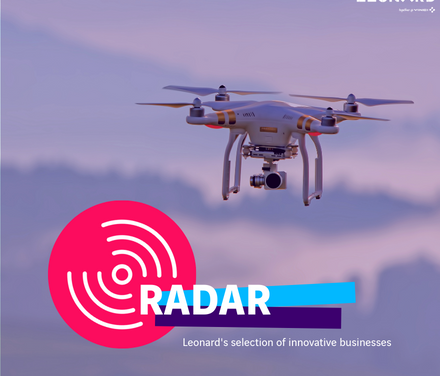
Not a blockchain expert? Let the decrypting begin! The transaction took place on Ethereum, a decentralized platform which is basically a network of thousands of computers sharing the same database (this is the blockchain, and can by design represent a secure register). This network’s architecture remains “immature experimental tech” with few existing applications, and it is still far from being able to support millions of users. Nevertheless, in theory, it will allow the development of decentralized platforms that are reliable, immutable and secure, without the need of a middleman.
Smart contracts aren’t only blockchain technology as a decentralized land registry transaction. They are effectively program codes that automatically execute an action when a certain number of pre-defined (and immutable) conditions occur and are also automatically verified. These “automated” contracts, that are especially linked to Etherereum, run reliably between users and without the need for a third party, making it possible to automate a certain number of transactions. Because of which, they pose a threat to platforms who position themselves as trusted third parties. The smart contracts startup Slock.it allows its users to “rent, sell or share anything they want”, positioning itself as the shared economy infrastructure of the future. Basically, in two words: the Airbnb killer.
As for Propy, the transaction “opens the door for many more remote real estate transactions on the blockchain”, and the startup has announced similar deals with the Dubai government and the state of California in the near future.
In Sweden and in certain American states, documenting the buying and selling of land in public records using private blockchain platforms is already possible. Nevertheless, in the majority of countries (including France), registry operations performed via smart contracts are not yet legally recognized. However, notaries anticipate that such a development is possible and speak in favor of a public notarial blockchain. They even claim to be in the best position to play the role of “trusted third party” – which is rather ironic, considering that blockchain technology indeed promises to be able to bypass the trusted third party.
The fact remains, the principle behind the “tokenization” of real estate assets is headed in the direction of creating a new concept of ownership. Tokens are, in effect, unique digital assets that can be exchanged between two parties in a safe and secure way, without the need for a third party. For those who purchase them, tokens are proof of ownership of part of an asset. Tokens are like another type of blockchain space, making headway, breaking from the traditional format, and players like Atlant are already there on the scene. And as for traditional players, the role they might play in this space is still unclear…
